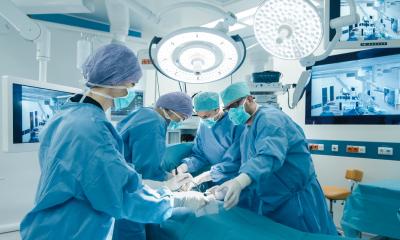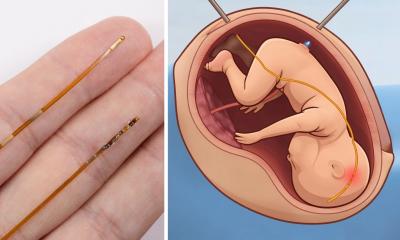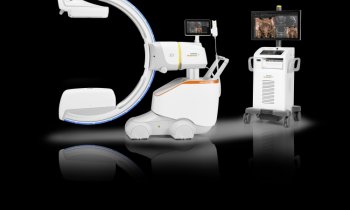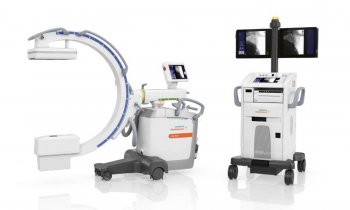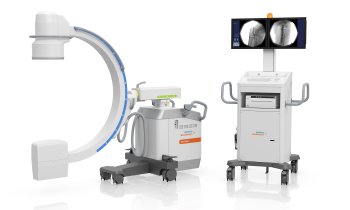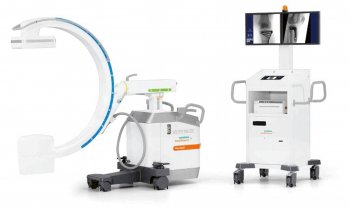Image courtesy of the Earth Science and Remote Sensing Unit, NASA Johnson Space Center (ISS067-E-261815)
News • Global warming effects
UK hospitals report surgery cancellations due to 2022 heatwave
The 2022 summer heatwave resulted in a fifth of UK hospitals being forced to cancel operations during the three days when temperatures soared, a new study reveals.
Supported by a National Institute for Health Research (NIHR) Global Health Research Unit Grant, the GreenSurg Collaborative, led by researchers at the University of Birmingham, published their findings in a letter to British Journal of Surgery.
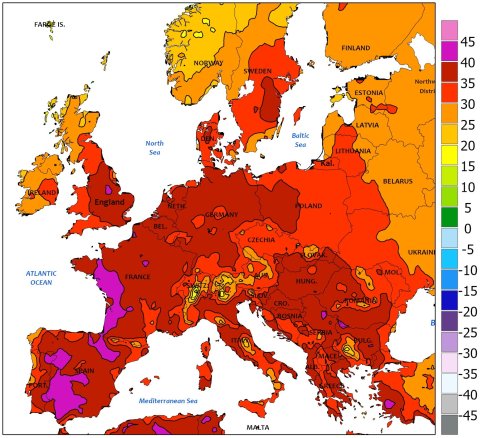
Image source: National Oceanic and Atmospheric Administration (NOAA) National Weather Service
Had the high temperatures continued, a further third of hospitals would have had to cancel surgery, as NHS buildings are not set up to withstand dangerously high temperatures. The team surveyed surgeons, anaesthetists, and critical care doctors working during the heatwave of 16 – 19 July 2022. They received 271 responses from 140 UK hospitals with one in five respondents (18.5%) reporting the heatwave resulted in elective surgery being cancelled. A further third (35.1%) anticipated that cancellations would have been likely had the heatwave continued.
Factors contributing to heatwave-related cancellations included staff shortages (35.8% of respondents), unsafe theatre environments (30.3%), and bed shortages (22.1%). Surgical services were poorly prepared for heatwaves with ambient temperature uncontrollable in 41.0% of operating theatres. Most hospitals which responded (85%) lacked ‘summer pressure’ plans to maintain elective surgical safety and capacity. Over a third of respondents (35.4%) reported making adaptations to maintain the routine surgical activity during the heatwave.
The likelihood of extreme weather events is growing - we could find ourselves in both a 'winter' and 'summer' stress situation within the next few years
James Glasbey
Co-author Mr James Glasbey, NIHR Doctoral Research Fellow in Global Surgery at the University of Birmingham, commented: “Even short heatwaves may result in widespread disruption to surgical services in the UK. The likelihood of extreme weather events is growing - we could find ourselves in both a 'winter' and 'summer' stress situation within the next few years. As hospitals tackle post-Covid surgery backlogs, they must consider how to safeguard against further climate change-related disruption to the delivery of surgical services. This should be included in the preparation of ‘summer pressure’ plans to improve the resilience of elective surgery services.”
The researchers discovered that hospitals adopted several strategies during the heatwave to cushion the impact of rising temperatures on surgical patients. These included delayed discharge of high-risk patients, changes to surgical teams, selecting lower risk patients to have surgery, and restricting surgical activity to day-cases. Some hospitals also introduced longer staff breaks, gave extra fluids to patients admitted, and started surgeries earlier in the morning when temperatures were lower.
Source: University of Birmingham
23.03.2023



